(注)リンクは最下段です。

旅サイトのトリポートさんに、またインタビューして頂きました。
今回は後編。内容は・・・
・僕の旅に対する視点。
・長旅したい方へのアドバイス。
・将来の僕夢
ご縁がきっかけで、いろんなサイトやメディアが僕へ興味もってくださる。
ご縁だけで繋がり、生きてる感じすらする。
ご縁にいつも感謝しかなし。
今までつながってくださった方、ありがとーございます。
よかったら、読んでちょです。
(注)リンクは最下段です。

旅サイトのトリポートさんに、またインタビューして頂きました。
今回は後編。内容は・・・
・僕の旅に対する視点。
・長旅したい方へのアドバイス。
・将来の僕夢
ご縁がきっかけで、いろんなサイトやメディアが僕へ興味もってくださる。
ご縁だけで繋がり、生きてる感じすらする。
ご縁にいつも感謝しかなし。
今までつながってくださった方、ありがとーございます。
よかったら、読んでちょです。
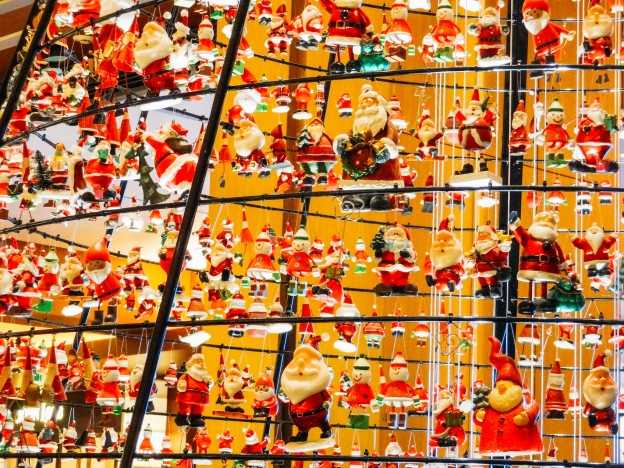
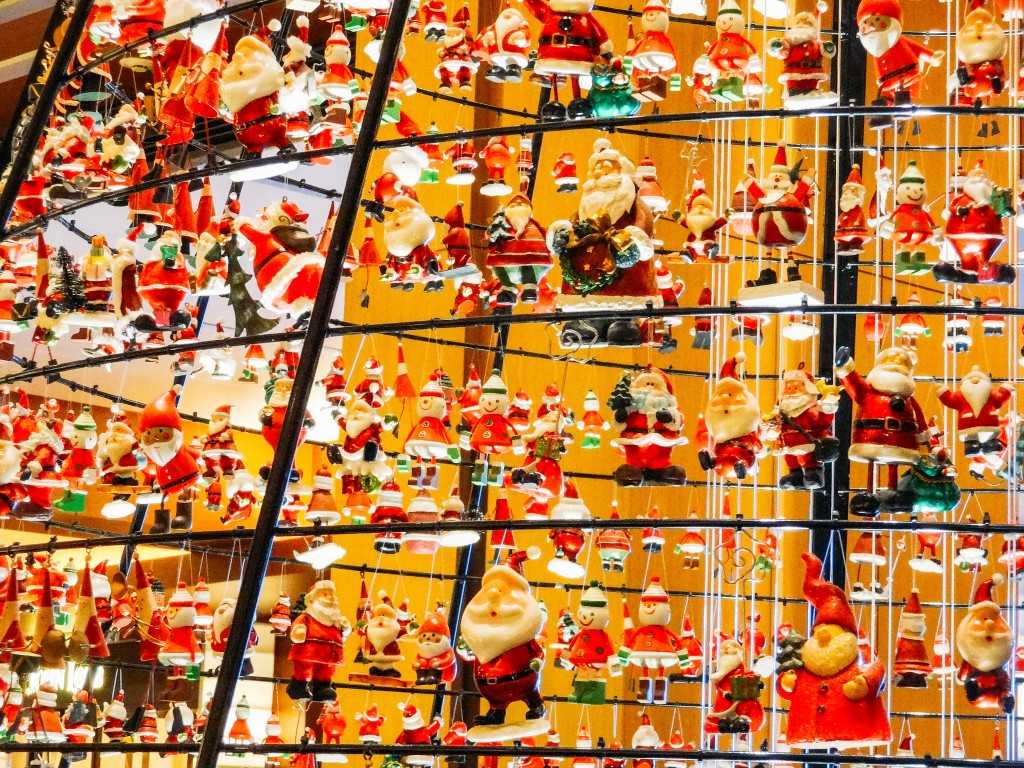
Et voilà, la fin de l’année approche et Noël est à la porte. Si vous vous demandez ce que vous pouvez faire pour célébrer cette fête à Tokyo, voici quelques idées.
Ho, Ho, Ho, … Le petit papa Noël est bientôt là et à Tokyo aussi il s’arrêtera pour vous gâter … Enfin à la sauce japonaise, parce qu’ici rien ne se fait comme chez nous.
Noël au pays du Soleil-Levant
Noël au Japon, ça n’a rien à voir avec ce que l’on connait en Europe ou Amérique, mais alors vraiment rien à voir. Il vous faudra oublier tous vos standards et vos habitudes pour vous mettre à la page japonaise, qui risquera, parfois, de vous surprendre.
Pour faire simple, Noël est ici n’est pas une fête familiale mais s’adresse essentiellement aux couples et aux petits enfants. Ainsi pas de repas en famille autour d’une bonne dinde. Par contre un bon repas au restaurant avec sa tendre moitié est une normalité, tout comme finir la nuit dans un hôtel. Autre « habitude », qui surprend par son originalité : il est normal de manger du KFC pour Noël au Japon !
Noël à Tokyo
Si vous êtes dans la capitale nippone voici ce que vous pourrez faire pour célébrer Noël à Tokyo
Photo de couverture Dick Thomas Johnson
シェアメイトのはっせーさんが時間あったので、企画を頼んで実現♪
シェアハウス友達で行く紅葉狩り。

集まってみたら、11人のうち、
日本3人、スウェーデン3人、ドイツ人、スイス人、イギリス人、中国人、スペイン人♪
他国籍軍にて、会話は英語♪
↓バス停はさながら外国ちっく

バス2本を乗り継いで、平林寺へ行った。
ちなみに、ここをお勧めしてくれた方は、シェアハウスを掃除に来てくださる地元の女性っす。
いつも、きれいにしてくださり、ありがとーございます。
写真の半分は、我らがソーシャルレジデンス花小金井の盛り上げ隊長アントンさんから拝借しました。












帰りは、みんなで回転寿司へ♪これまた、楽しかった。
みんなで楽しめるソーシャルレジデンス花小金井♪
チェックしにきてちょ、待ってます。一緒に住もう
http://www.oakhouse.jp/house/808

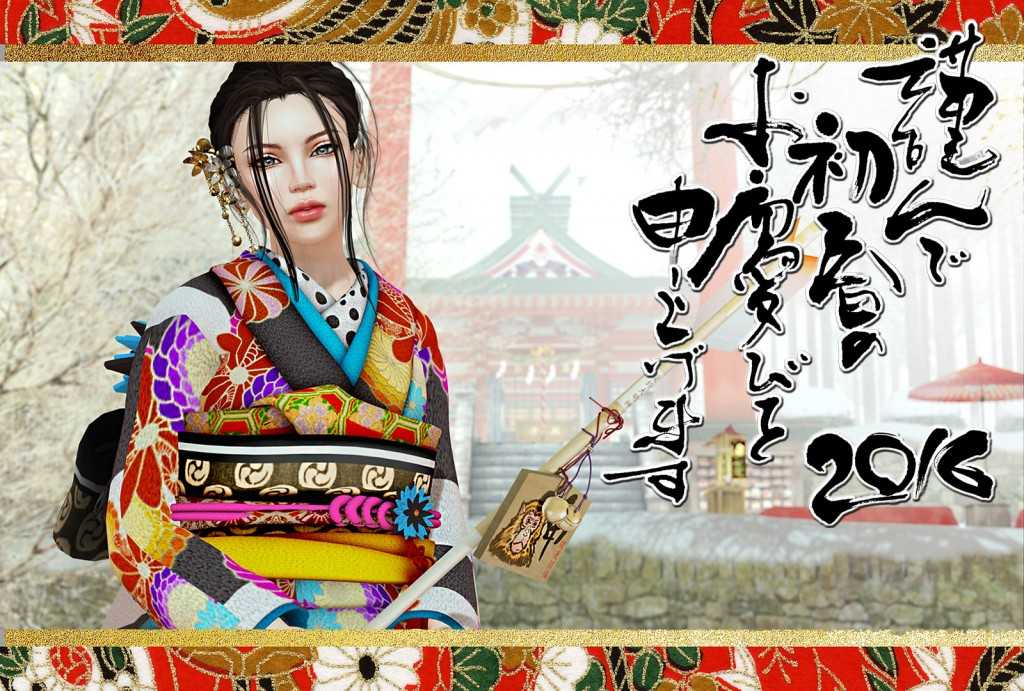
On est dans la période des vœux de fin d’année et si vous voulez les exprimer en japonais, voici ce qu’il vous faudra dire.
Vous êtes au Japon en cette période de fin d’année et vous aimeriez souhaiter les meilleurs vœux en japonais. Si vous ne savez pas comment faire, sachez que ce n’est pas bien compliqué. Voici ce qu’il vous faudra dire.
Joyeux Noël en japonais
Pour dire « Joyeux Noël en japonais », il n’y a pas d’expression japonaise à proprement parler puisque la fête n’a aucune histoire dans l’archipel nippon et qu’elle n’est apparue que tardivement. Ainsi, la formule utilisée est dérivée de l’anglais : メリークリスマス (Merii Kurisumasu)
Bonne année en japonais
Quand vous voulez dire « Bonne année en japonais », sachez qu’il y a deux périodes de vœux, celle avant la fin d’année et celle après le premier janvier. Voici ce qu’il vous faudra dire :
Photo de couverture par Ryo2014
ひひひひ。
11/30日の深夜『離婚して、インド』が
日テレの『月曜から夜ふかし』に出てたらしい、チラっとね!
『とまこ』って文字もでてたよ~とのことで、えへへへへ。
Lineやらメッセやらやらで教えていただき
あわあわうれしい夜更けでございました♪ 感激っ
ひろまれひろまれ『離婚して、インド』。

「楽しくて、寂しくて悲しいけれど、元気になれる不思議な本」らしいから♪
(amazonレビューより)
えへへへへへ
マツコ・デラックスさんや村上さん、もし読んでくださったら
何言われるんだろ、とくにマツコさん。こわっw
翌日1日朝一で成田行くってときで
いつものごとくまったく荷物つくってなくて
時間よ戻れーってややむだな願掛け中だったんだけど。
とたんにテンション上がって、いっきに完了しましたっ♪
ありがとございますー♪♪


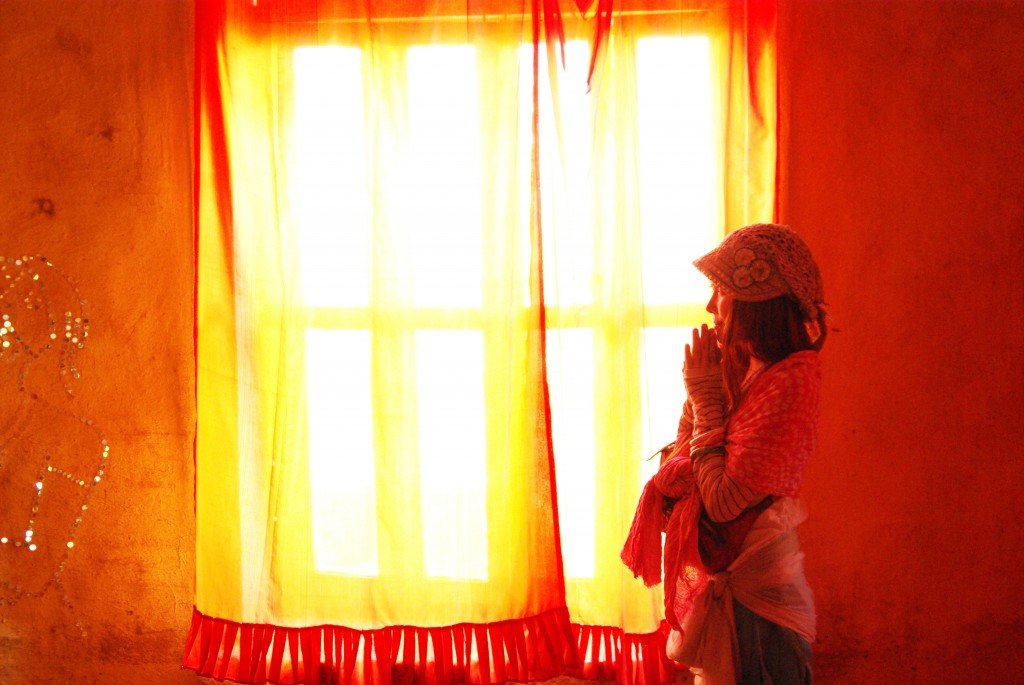
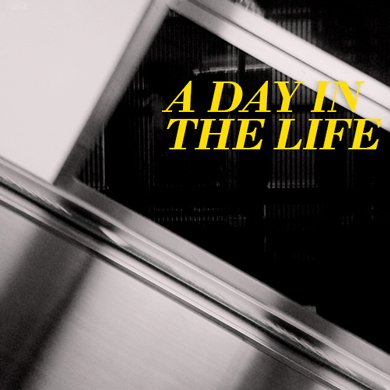
One would think that living in the Oakhouse Kichijoji 2 sharehouse, as the name implies, would be a constant frenzy of activity and discourse. I was apprehensive about the entire ordeal before coming to Tokyo, having spent the past decade meandering from one horrible or remarkably strange roommate to the next. I had even survived a brief stint in a low-income commune, a sleep-where-you-fall ‘creative space’ rife with neo-hippie idealism and vegan zeal. After doing the time in my twenties, the best number of roommates was zero. One if you include a dog.
Friends and family prompted a somewhat obvious question – After slugging it out with other strangers for years why not go it alone this time? There are big, obvious answers outlined in previous blog posts, but the heart of the issue is a subtlety.
Japan has entirely different notions about space and privacy when compared to most Western countries. Priority toggles between the individual and the collective in daily life, whereas those with a Western upbringing are most comfortable in the gaps and grey areas between the poles. ‘Hanging out’ in a two-storey house with fourteen inhabitants is confined to designated common areas; anything outside these spaces would incite controversy and taboo. Group activities are scheduled weeks, sometimes months in advance. A Japanese friend related this feeling of compartmentalization in social contexts as, “The actions of one Japanese person, especially amidst a foreigner, are representative of the entire group.”
I am obviously painting with broad strokes, things are not this cut-and-dry or so segregated as to eliminate the organic and spontaneous from bleeding through. It did, however, spark a renewed curiosity in my housemates. I knew the big things, the events, the meals, shared memories. But the devil is in the details, the meat is in the mundane, and hopefully some new insights gained from asking a few very simple questions.
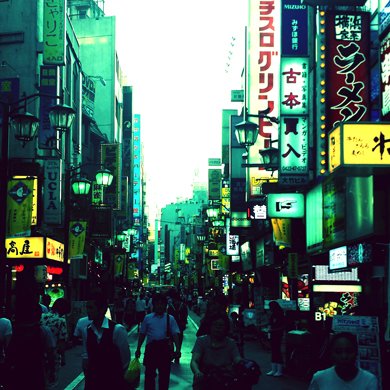
Our participants…
Laura Magni (33, Italy), Hideyuki Kobayashi (41, Fukushima), and Mikuru Hojo (25, Yokohama)
▸ How long have you been living at Oakhouse Kichijoji 2? How long do you plan on staying?
Laura: One month, and I’ll be staying for exactly six months.
Hide: Just three Weeks, and I will stay as long as I can afford to!
Mikuru: I have been here for over a year and a half. I’m not sure if or when I’ll leave.
▸ What is your occupation?
L: Studying Japanese for now, teaching a little Italian on the side. Back in Italy I am a civil lawyer.
H: Shop worker.
M: Marketing manager for a different sharehouse company.
▸ Let’s walk through a typical weekday. Do you have a morning routine?
L: My second alarm usually gets me up at around 9:30. Eat a simple breakfast then I’ll read the news, prep dinner, and out the house just after noon
H: I’ll be up at around 9. Tea for breakfast, there’s no time for anything else.
M: I’m usually up at 9, but do not have time to eat since I’m still half-ready when I leave at 9:30.
▸ How long is your commute to work or school?
L: 45 minutes into Shinjuku.
H: 35 minutes on the Keio Inokashira Line.
M: 30 minutes on the Chuo Line.
▸ Do you like your work?
L: Yes, but the hours are strenuous and incredibly demanding.
H: Yes, Because I’m not a salaryman and money is corrupting. I would still like to be promoted so that I can make my own schedule, though.
M: Now that I have more responsibility, yes. When I first started it was absolutely awful! There was nothing to do!
▸ What’s one ‘Japanese’ or ‘Tokyo’ thing you have to deal with on a daily basis?
L: On the train, that would definitely be open-mouthed yawning and coughing. How the public will openly shun the homeless. I also have a really hard time discerning between Japanese sincerity and mere politeness.
H: Customers are rude, impatient, and arrogant. Because I’m on the other side of the counter they do not see or treat me as an equal. This spills over into public life, too.
M: Because we only have showers at the sharehouse, I have to visit a sento (bath house) at least five times a week to relax.
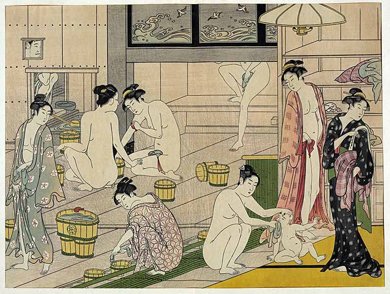
▸ What constitutes a ‘good day’?
L: Discovering new People and places. Good News in general.
H: A Day off.
M: Sleeping in, good weather, and the sento to myself.
▸ If you have free time, how do you spend it?
L: Reading, going to events, drawing, hanging out in the common room.
H: I rarely get to cook! If not that, drinking with friends in Kichijoji.
M: Visiting museums, reading manga or anything by author Banana Yoshimoto.
▸ Cook or Combini?
L: Cook, but I’m always on the lookout for good ramen or soba.
H: Combini, not by choice though.
M: Cook!
▸ When’s bedtime?
L: Around 3, I’m a complete night owl and do my best Work after 2 AM.
H: Between 1-2 AM.
M: 1 AM.
▸ Any guilty pleasures you have not shared with the House?
L: I do not feel this thing you call ‘Guilt’.
H: Very rarely, I’m talking once in a blue moon I will wish harm upon…certain people.
M: I am a complete Tumu Tumu (iOS game) addict. So is my mother, which just makes it worse.
▸ Is there anything you miss from home, before you came to Oakhouse?
L: Good red wine and parmagianno. Espresso and delicious bread in the morning. I took it all for granted!
H: Fukushima was ruined by money from the nuclear plant. It’s corrupted irreversibly, so Tokyo is my new home.
M: I miss the sights, sounds, and smells of living by the sea (Yokohama). Waking up to an oceanside view was wonderful.
I’d like to thank our wonderful participants and hope that we have time for more in the future. Sometimes the simple questions provoke our most thoughtful debates.
(注)リンク先は最下段です。

あのオモロいサイト、ロケットニュース。
自分がよく読んでいるサイトに、自分が載るって、光栄すぎる。
トーク会を終えたら、もともとfacebookでつながっていた友達から、
「取材してもいいですか?」
とご依頼。
いや、いくらでも取材して欲しいとこ♪
マジで【人とのつながりだけで生きて】ます。